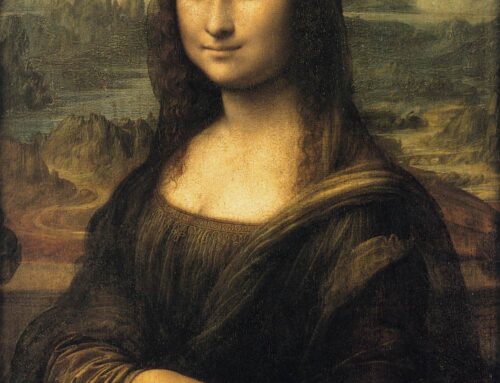East and West, healing and medicine: different approaches toward vitality and disease.
In the West, a major focus of scientific medicine has been the identifications of external agents of disease and the development of weapons against them. An outstanding success in the middle of this century was the discovery of antibiotics and, with that, great victories against infectious diseases caused by bacteria. This success was a major factor in winning hearts and minds over to … convincing most people that medical intervention with the products of technology was worth it, no matter the cost. In the East, especially in China, medicine has had quite a different focus. It has explored ways of increasing internal resistance to disease so that, no matter the harmful influences you are exposed to, you can remain healthy…. In their explorations Chinese doctors have discovered many natural substances that have such tonic effects on the body. Although the Western approach has served us well for a number of years, its long-term usefulness may not be so nearly so great as the Eastern one.
Weapons are dangerous. They may backfire, causing injury to the user, and they may also stimulate greater aggression on the part of the enemy. In fact, infectious-disease specialists throughout the world are now wringing their hands over the possibility of untreatable plagues of resistant organisms…. We might have to revert back to methods used in hospitals in the 1920s and 1930s before there were antibiotics: strict quarantine and disinfection, surgical drainage, and so forth. What a reversal that will be for technological medicine!
Meanwhile, resistance does not develop to the tonics of Chinese medicine, because they are not acting against germs (and therefore do not influence their evolution) but rather are acting with the body’s defenses. They increase activity and efficiency of cells of the immune system, helping patients resist all kinds of infections, not just those caused by bacteria.









Leave A Comment